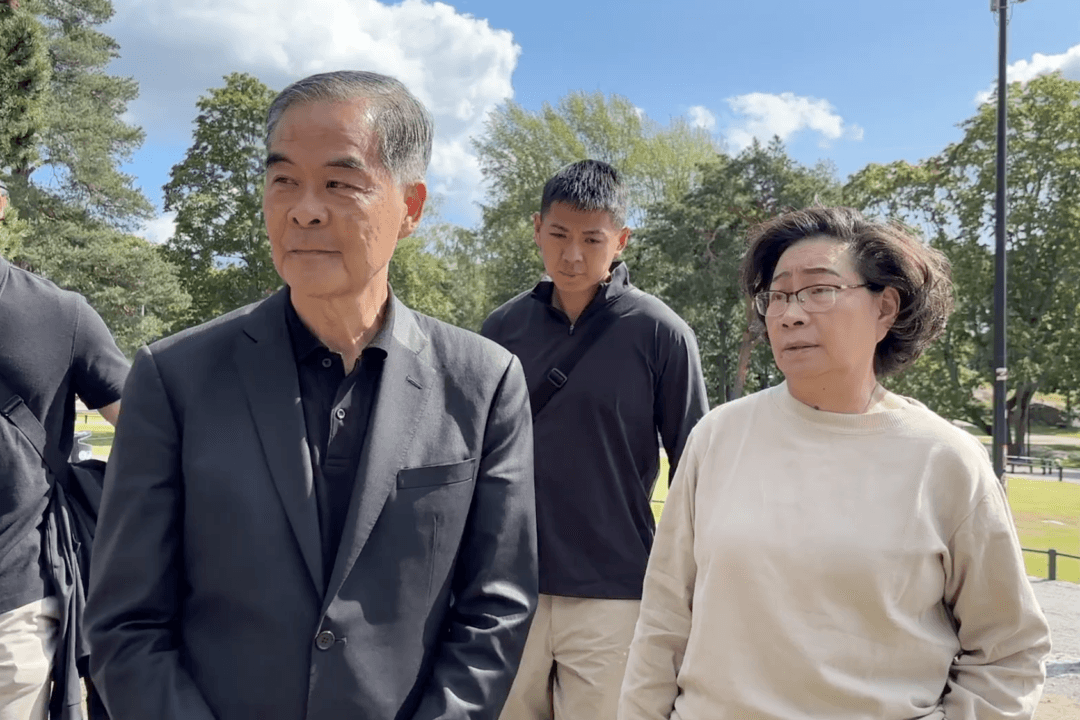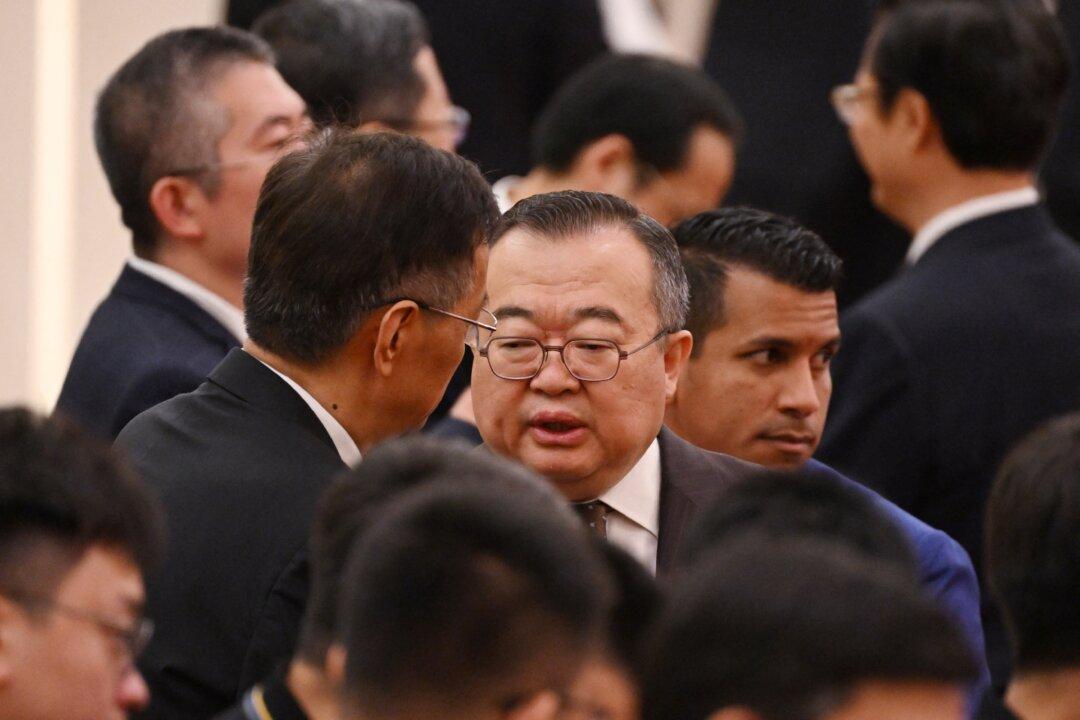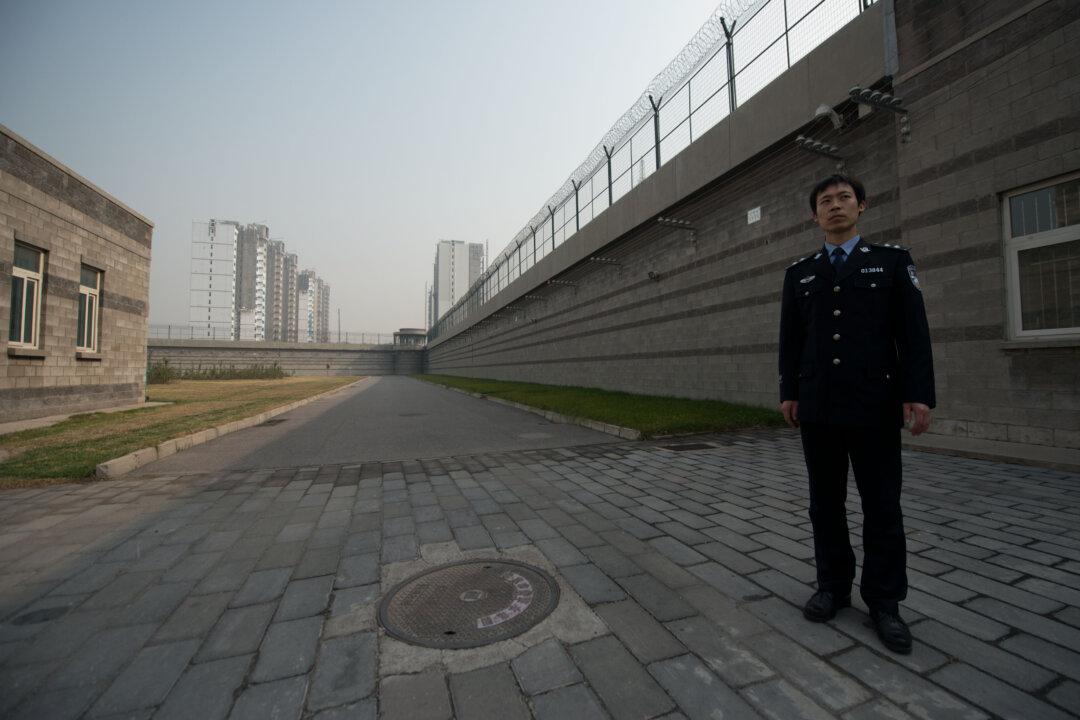July marks the 26th anniversary of the Chinese communist regime’s brutal persecution of Falun Gong, a spiritual discipline and meditation practice based on the principles of truthfulness, compassion, and tolerance.
Human rights group Safeguard Defenders recently released data on the detention and sentencing of Falun Gong practitioners between 2008 and 2022. It found that the average jail sentence for an individual convicted under the communist regime’s Article 300 was 5.2 years. This is more than double the average 2.3 years for the crime of picking quarrels and provoking trouble, a charge frequently used to persecute dissidents and human rights defenders in China.
Article 300, the so-called anti-cult law, has been the Chinese regime’s primary tool for targeting Falun Gong practitioners. Convictions under this article can result in a maximum sentence of seven years, with no cap for “serious” cases.
Recently, Safeguard Defenders collected data on some 1,400 cases of Falun Gong prosecutions, documenting the names, genders, locations, alleged crimes, and lengths of sentences. The findings highlight the ongoing persecution of Falun Gong practitioners and facilitate comparisons with other human rights-related cases.
The data were divided into three political eras based on the CCP leader at the time: Hu Jintao’s second term (2008–2012), Xi Jinping’s first term (2013–2016), and Xi’s second term (2017–2022). More than half of the cases were Article 300 convictions, underscoring the CCP’s determination to punish Falun Gong practitioners.
The data also show that Article 300 has been used to criminalize dozens of other banned religious groups, such as the Church of Almighty God. In fact, in a relatively new development, China’s Christian believers—particularly those who are part of underground house churches—are increasingly being targeted under the article. This further showcases how the CCP views spirituality as a potential existential threat to its grip on power.
Geographically, most cases were recorded in northeastern China, with Heilongjiang Province having the highest number of cases. The data also reveal a gender disparity, with 50 percent more women than men convicted of Article 300 crimes between 2008 and 2022.
Comparing Article 300 cases with those of other human rights-related crimes, such as Article 293 cases (picking quarrels and provoking trouble) and Article 105 cases (state subversion and incitement to subvert the state), highlights the severity of the penalties faced by Falun Gong practitioners.
In short, to this day, Falun Gong practitioners can expect to be punished far more harshly than almost any other group in China, and often simply because of their beliefs, not because of any specific actions.
Despite changes in political leadership and the passage of time, the CCP’s persecution of Falun Gong remains unwavering. The data serve as a stark reminder of the ongoing human rights abuses in China and the urgent need for international attention and action to address these injustices.







